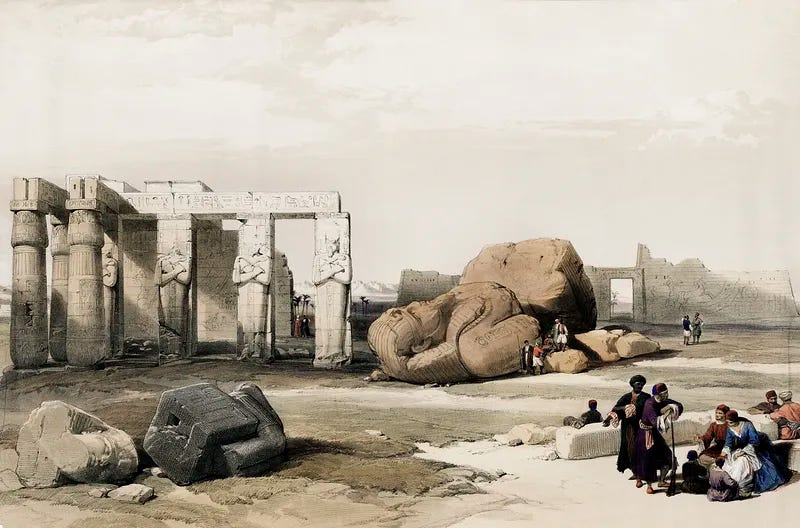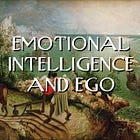It’s the Relationships, Stupid
Look upon the work and despair
“The chief proof of man’s real greatness lies in his perception of his own smallness.”
— Sir Arthur Conan Doyle
Not everyone is destined to be a leader.
Shakespeare reminded us of how some — not all — are born or become leaders, while others are thrust into the situation.
But that “some” would imply that there are more followers than leaders. As is the natural order of things. If everyone were to try to lead, we’d end up in a world of chaos.
We need leaders.
But consider a world in which leaders overestimate their own abilities. Where “I alone can fix it” is the clarion call of narcissistic delusion, coupled with a lack of self-awareness, a penchant for invalidating ideas that aren’t theirs, and toxic micromanagement.
Ladies and gentlemen, I give you:
Musk Rat Love
Elon Musk is a unique figure. Founder of Tesla, SpaceX, The Boring Company and a handful of others, he is fetishized by his many followers as infallible.
And his pattern of behavior — from spreading Covid-19 misinformation to calling a British diver and rescuer a pedo guy, to trolling and political misinformation — all are indicative of the toxicity and misinformation that may be permissible under his leadership at Twitter.
I’ve seen him called many things of late, including a “sociopathic toddler” and a shitposting teenager.
But behavior aside, the concern is that fundamentally, it seems that he doesn’t realize that what ails Twitter is not an engineering problem, but a community problem.
And I think it’s bound up in the idea that he has visionary intelligence, not emotional intelligence.
Emotionally-intelligent leaders are self-aware, practice self-discipline and empathy, and manage their relationships well. In a previous edition, I wrote:
It seems that more often than not, the ego-driven, ambitious, obsessive visionaries — call them what you will — are celebrated and rewarded. And to a certain degree that’s valid. For without drive, ambition, and self-confidence, it’s hard to stand out.
But kind of ego I’m talking about isn’t about that kind of motivation. It’s about the misguided and blind ambition — twisted, selfish, arrogant self-belief: when the visionary won’t tolerate naysayers or questions. When they seem to be detached from reality and think they can do no wrong. Think Travis Kalanick (Uber), Adam Neumann (WeWork), or Mark Zuckerberg (Facebook).
What we see happening now at Twitter is the result of an emotionally-unintelligent business magnate who joked about buying Twitter, was forced to honor the contract he signed, and is now randomly throwing around ideas that may in fact tank the platform.
As with many things I observe in the modern world, my mind finds little crevasses in history, and the occasion of a change in ownership of Twitter was no different.







